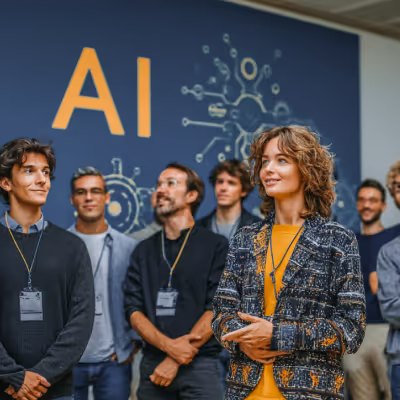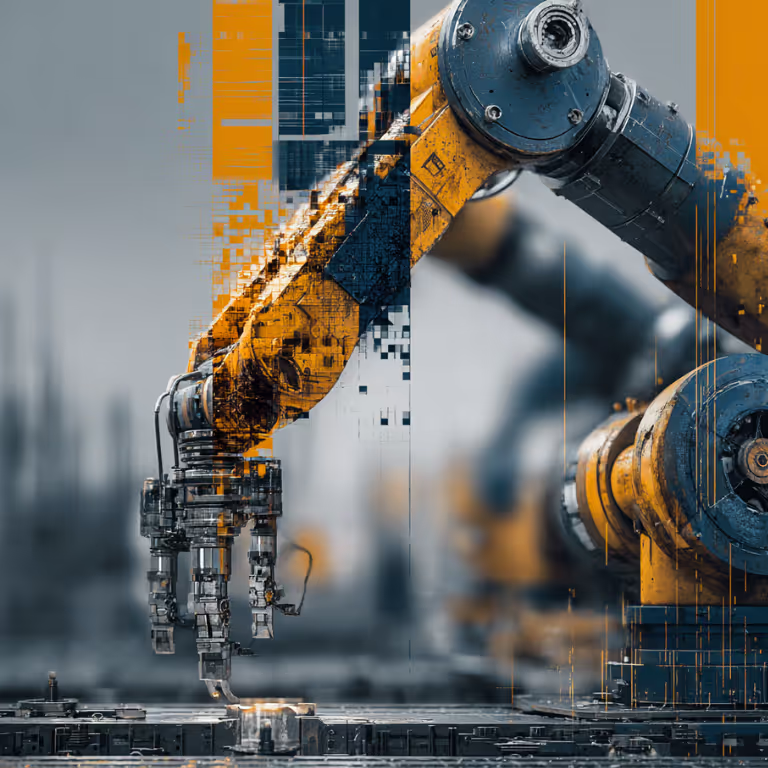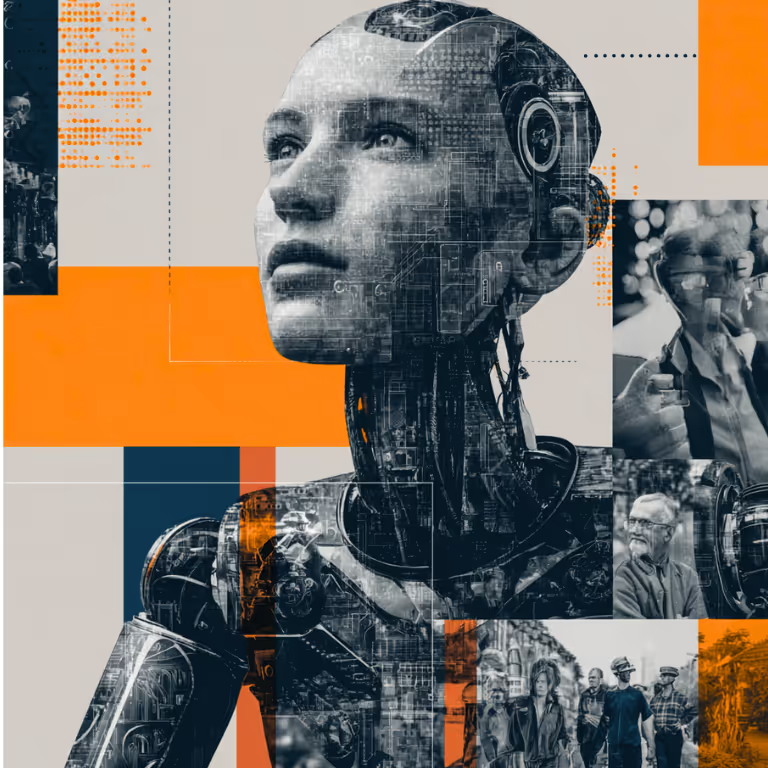Burtch Works
2025 Data Engineering Compensation Report
From Fortune 500 companies to private equity–backed startups, Burtch Works is nationally recognized as one of the fastest-growing staffing firms in the nation.
The Talent Partner for Data, Analytics, & AI Teams.
.avif)
Trusted by clients since 2009, using first-party data and ongoing research, companies and job seekers who partner with Burtch Works gain an edge in top-tier talent searches and placements nationwide. Beyond comprehensive recruitment and workforce solutions focused on data, technology, and AI transformation, our team leaders help organizations move from data strategy to scalable execution by building teams that drive AI change and meet clients where they are.
2025 Industry Trends
What’s Fueling Demand for Data Engineering roles?
Even in cautious hiring environments, data engineering continues to be one of the most resilient fields, driven by four distinct areas:



Mandates

Multi-cloud expansion and data modernization are transforming various industries by enabling real-time analytics and personalization, especially in healthcare, finance, and e-commerce. Additionally, building out LLM infrastructure for retrieval, labeling, and model fine-tuning is advancing AI capabilities. As compliance mandates such as SOC 2 for AI, NIST RMF 2.0, and GDPR/CCPA become more stringent, the need for scrutiny is increasing.
The Role Of Data Engineering in AI
(Artificial Intelligence)

Data engineers form the backbone of enterprise AI — handling pipelines, storage, and real-time delivery systems that power LLMs and predictive models.
In 2025, this includes:
- Maintaining vector databases and retrieval pipelines for RAG systems.
- Enabling low-latency inference and adaptive automation via AI-driven observability.
- Supporting model governance, drift detection, and operational resilience.
The foundation of Data Engineering remains steady — built on:




However, fluency in AWS, Azure, and Google Cloud Platform (GCP) is now expected, not optional.
Leading organizations demand expertise in Apache Spark, Kafka, Databricks, Airflow, and containerization with Docker or Kubernetes. Proficiency with Pandas, NumPy, and dbt is standard, while data lineage, governance, and observability have become mission-critical as enterprises operationalize AI.
Next-Level Skills Defining Data Engineering 2025






Specialization & Impact on Compensation
Premium pay is now attached to roles that combine the following:



- Real-time Data Engineering (Kafka, Flink, Spark Streaming)
- Cloud Data Architecture (Hybrid / Serverless)
- MLOps & DataOps Integration
- AI Pipeline Engineering (LLM + Data Infrastructure)

Organizational Shifts
Enterprises are evolving toward cross-functional platform pods that combine Data Engineering, ML Engineering, and DevOps.
Managers are increasingly focused on:



versus people management. Keeping talent engaged, on track, and prioritizing projects that create impact will be mission-critical to team success.

Candidate Motivations in 2025
Beyond salary, top data engineers seek:
- High-impact AI initiatives tied to model outcomes.
- Modern cloud-native and streaming tech stacks.
- Ongoing learning and certification opportunities.
- Hybrid flexibility and clear career paths toward Staff, Principal, or Platform Lead roles.
2025 Outlook : Data Engineering
The job market for Data Engineering professionals remains stable and growth-oriented.
Compensation is steady, with differentiation defined by AI enablement — the ability to design data systems that directly enhance model performance.
As AI becomes embedded across enterprise functions, the line between Data Engineer and AI Infrastructure Engineer continues to blur, placing data engineering at the core of the next decade of digital transformation.
